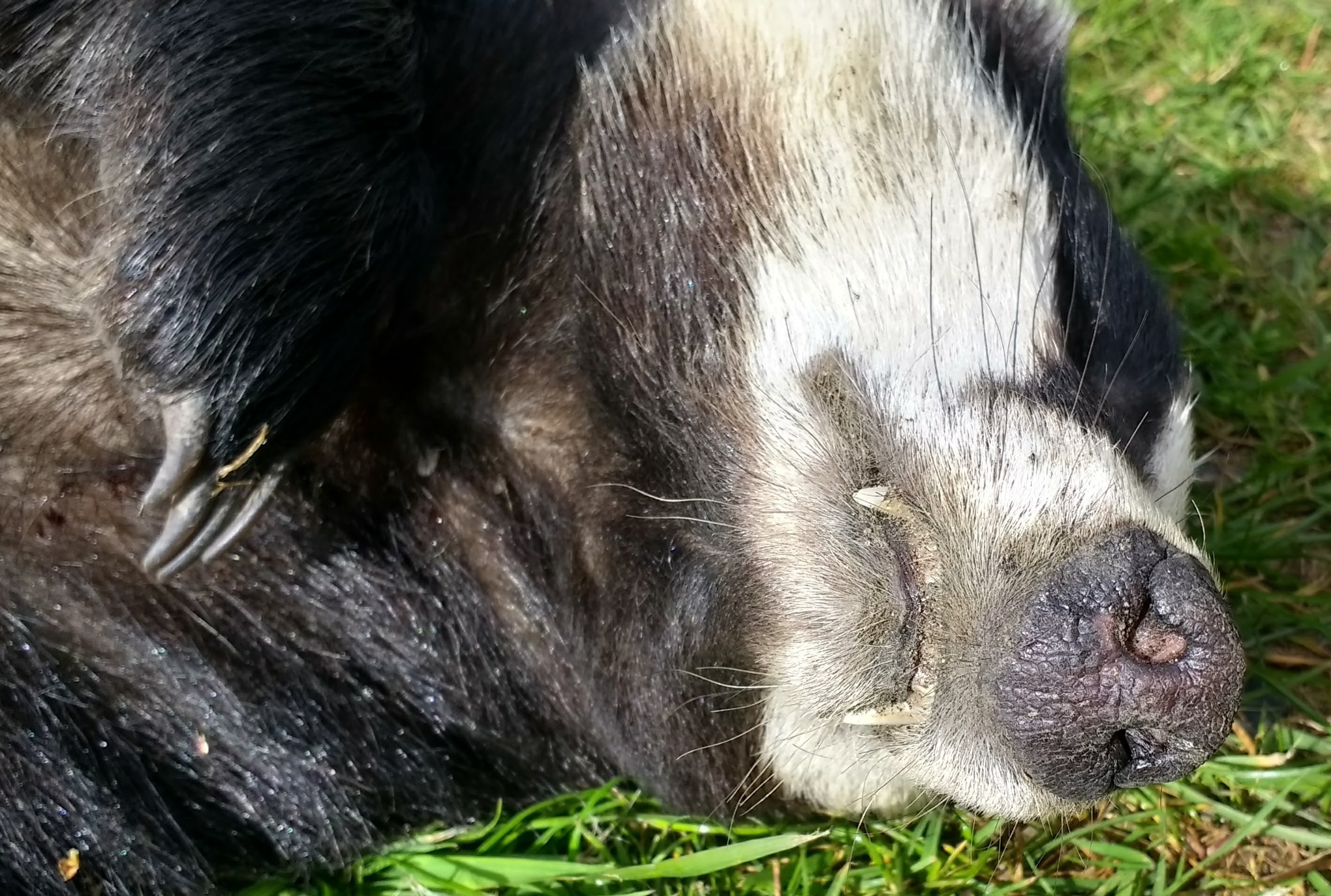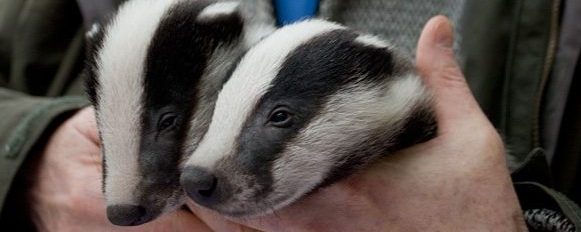
The Badger Crowd is pleased to confirm that an Application to the Court of Appeal has been made and that further legal papers are to follow shortly. The case concerns whether the High Court Mr Justice Griffiths was correct to rule that there was no need for the Minister to take steps to have regard for biodiversity protection for NERC Act listed priority species and habitats. This relates to Minister George Eustice and Defra publishing its “Next Steps” policy in March 2020, prolonging the slaughter of tens of thousands of badgers each year in existing and new places. Government claimed it decided not to protect NERC Act biodiversity interest from potential culling side-effects when culling began in 2013, and again in 2020, despite the 2018 Godfray review flagging-up continuing professional concerns about impacts and the need for research to enable management of risks.
The removal of badgers from the countryside is known to bring about a range of changes to natural communities. However, when identifying risks of such change, research undertaken over 10 years ago was limited to just a few species and habitats. Claimant Tom Langton’s previous cases in 2017 and 2018 showed that Natural England were in breach of their duty in not properly considering the same kind of impacts to SSSI’s, leading to criticisms by the High Court. The current case challenges the continuing and long-term neglect of potential impacts on a wide range of habitats and species. These impacts may alter habitat condition and species survival as a result of badger culling changing mammal diversity, including change to smaller predators numbers.
The case also highlights Natural England’s pitiful contribution to the monitoring of nature, the unacceptably poor condition of many nature reserves and protected areas, and to biodiversity depleted countryside in general. It draws attention to the lack of research into England’s habitats and species, and to the continued decline of many widespread and rare species and threatened habitats. It brings into focus the potential for badger culling to contribute to these declines, that despite recognition of this threat-type, government think too difficult or expensive to address.
Discover more from The Badger Crowd - standing up for badgers
Subscribe to get the latest posts sent to your email.

